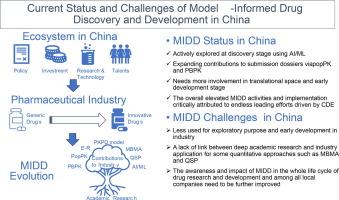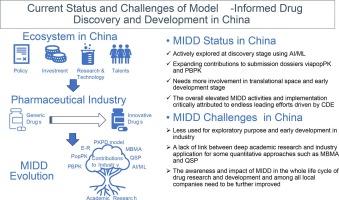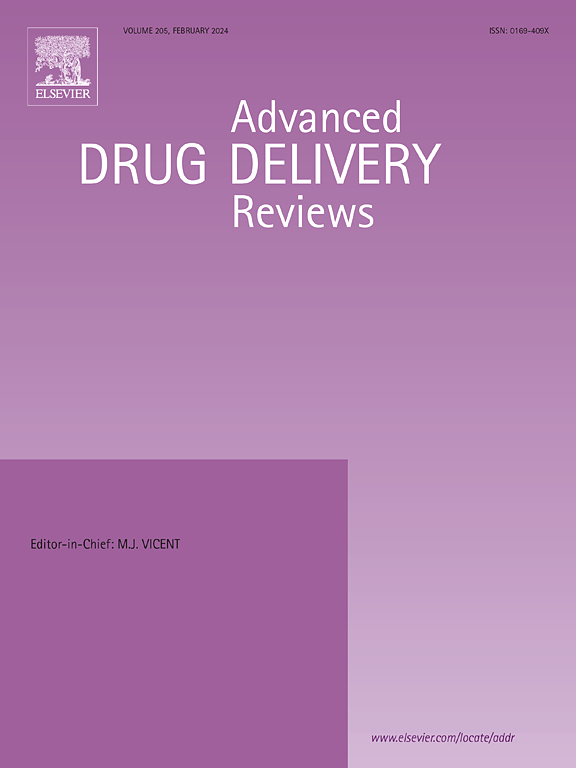Current status and challenges of model-informed drug discovery and development in China
IF 15.2
1区 医学
Q1 PHARMACOLOGY & PHARMACY
引用次数: 0
Abstract
In the past decade, biopharmaceutical research and development in China has been notably boosted by government policies, regulatory initiatives and increasing investments in life sciences. With regulatory agency acting as a strong driver, model-informed drug development (MIDD) is transitioning rapidly from an academic pursuit to a critical component of innovative drug discovery and development within the country. In this article, we provided a cross-sectional summary on the current status of MIDD implementations across early and late-stage drug development in China, illustrated by case examples. We also shared insights into regulatory policy development and decision-making. Various modeling and simulation approaches were presented across a range of applications. Furthermore, the challenges and opportunities of MIDD in China were discussed and compared with other regions where these practices have a more established history. Through this analysis, we highlighted the potential of MIDD to enhance drug development efficiency and effectiveness in China’s evolving pharmaceutical landscape.


中国基于模型的药物研发现状与挑战
在过去的十年中,政府政策、监管措施以及对生命科学投资的不断增加显著推动了中国的生物制药研发。在监管机构的大力推动下,模型信息药物开发(MIDD)正从学术研究迅速转变为国内创新药物研发的重要组成部分。在这篇文章中,我们通过案例对中国药物研发早期和晚期阶段的 MIDD 实施现状进行了横向总结。我们还分享了对监管政策制定和决策的见解。我们还介绍了各种应用领域的建模和模拟方法。此外,我们还讨论了 MIDD 在中国面临的挑战和机遇,并将其与其他地区进行了比较。通过这些分析,我们强调了 MIDD 在中国不断变化的制药环境中提高药物开发效率和有效性的潜力。
本文章由计算机程序翻译,如有差异,请以英文原文为准。
求助全文
约1分钟内获得全文
求助全文
来源期刊
CiteScore
28.10
自引率
5.00%
发文量
294
审稿时长
15.1 weeks
期刊介绍:
The aim of the Journal is to provide a forum for the critical analysis of advanced drug and gene delivery systems and their applications in human and veterinary medicine. The Journal has a broad scope, covering the key issues for effective drug and gene delivery, from administration to site-specific delivery.
In general, the Journal publishes review articles in a Theme Issue format. Each Theme Issue provides a comprehensive and critical examination of current and emerging research on the design and development of advanced drug and gene delivery systems and their application to experimental and clinical therapeutics. The goal is to illustrate the pivotal role of a multidisciplinary approach to modern drug delivery, encompassing the application of sound biological and physicochemical principles to the engineering of drug delivery systems to meet the therapeutic need at hand. Importantly the Editorial Team of ADDR asks that the authors effectively window the extensive volume of literature, pick the important contributions and explain their importance, produce a forward looking identification of the challenges facing the field and produce a Conclusions section with expert recommendations to address the issues.

 求助内容:
求助内容: 应助结果提醒方式:
应助结果提醒方式:


